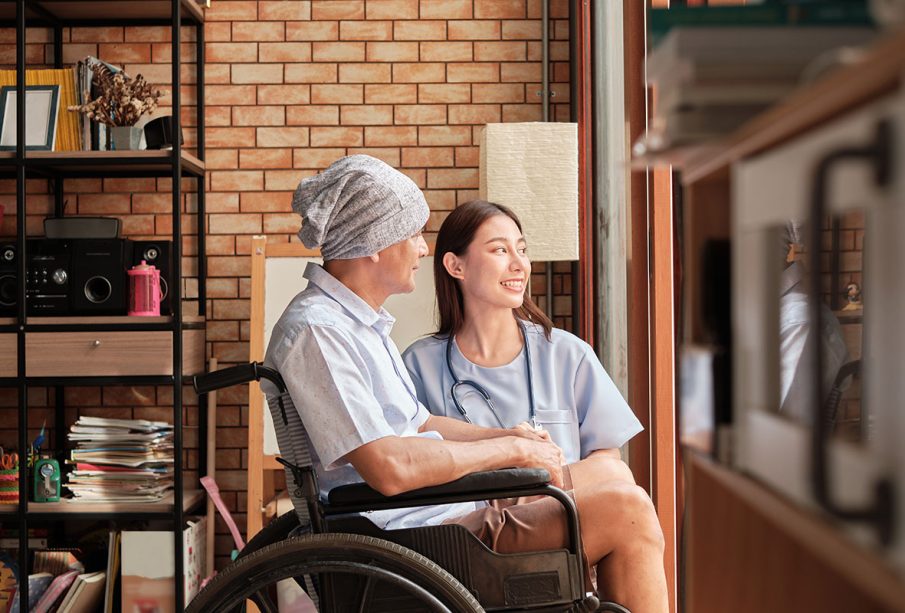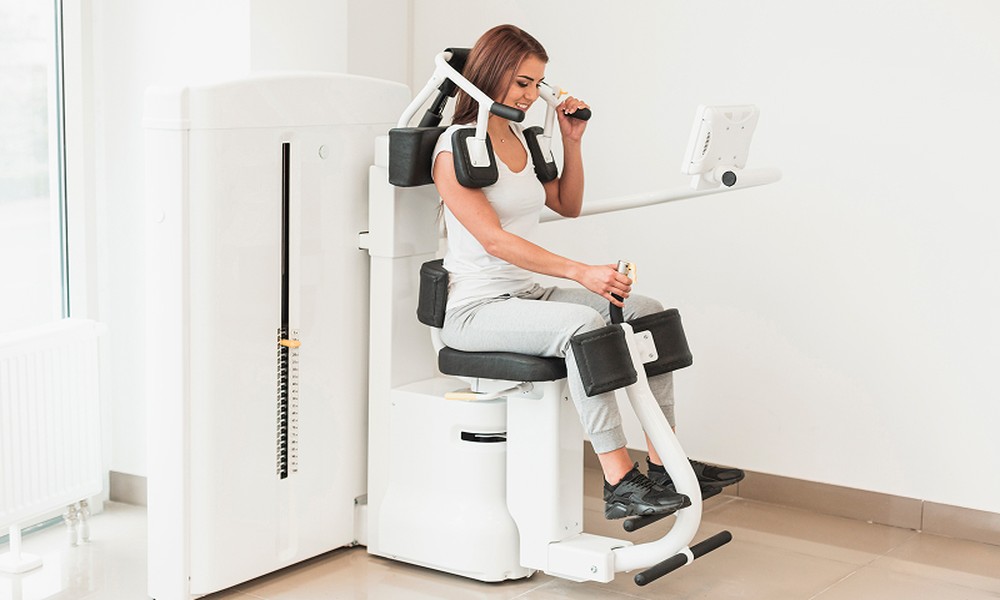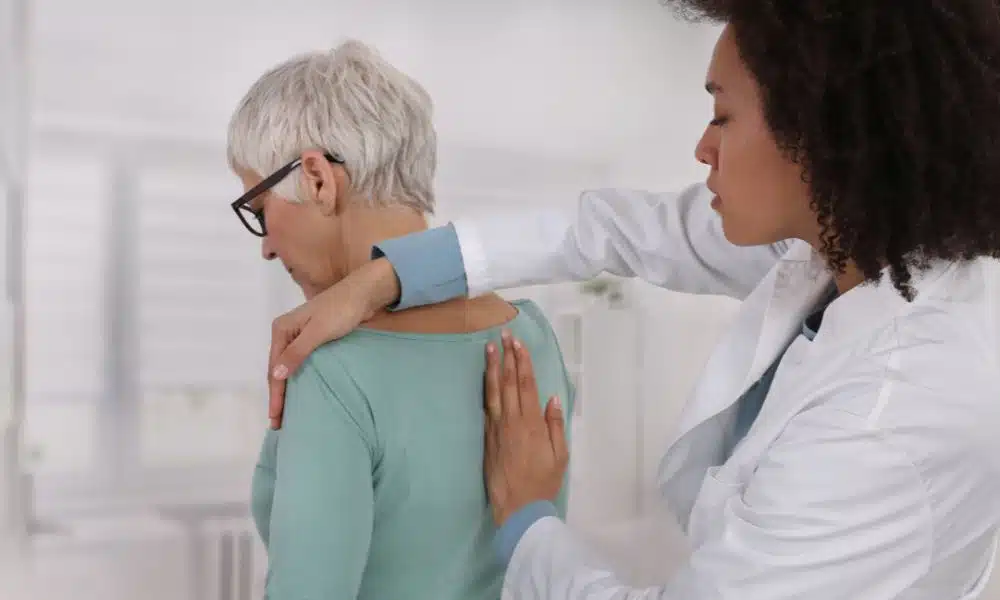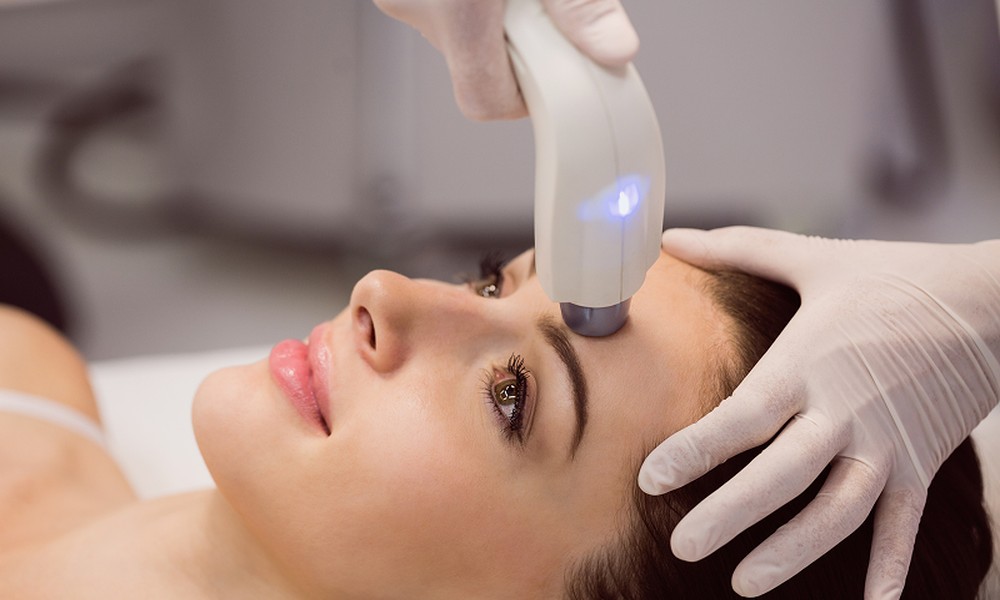When to Seek Medical Care

Cancer elderly patients in wheelchairs receive rehabilitation treatment in private home, Asian female doctor medical therapy treatments by talking to cure loneliness and encourage them with a smile.
Symptoms of a Heart Attack
When an individual experiences chest discomfort, pain in one or both arms, or shortness of breath, these may be warning signs of a heart attack. Immediate medical attention is crucial, and it’s important to call 911 rather than attempting to drive to the hospital.
Signs of a Stroke
Recognizing the signs of a stroke can be remembered with the acronym FAST: Face drooping, Arm weakness, Speech difficulties, and Time to call emergency services. Quick action can significantly improve outcomes.
Severe Breathing Difficulties
Difficulty breathing that is sudden or severe can indicate a life-threatening condition such as an asthma attack, pulmonary embolism, or pneumonia. It’s essential to seek emergency care if breathing becomes labored or if the individual is gasping for air.
Uncontrolled Bleeding
Bleeding that cannot be stopped with direct pressure, or that is the result of a serious injury, requires immediate medical intervention. This is especially critical if the bleeding is rapid or if the person is feeling faint or confused.
Poisoning and Allergic Reactions
In cases of suspected poisoning or severe allergic reactions, such as anaphylaxis, it is imperative to act quickly. Look for signs like swelling of the face, hives, or difficulty breathing, and contact emergency services or a poison control center immediately.
Dealing with Chronic Conditions
Chronic conditions require ongoing attention and careful management to maintain quality of life and prevent complications. It’s crucial for individuals to understand when their condition necessitates medical care.
Managing Diabetes Complications
Proper management of diabetes is essential to prevent serious health issues. Regular monitoring of blood sugar levels, adherence to dietary guidelines, and recognizing signs of hypo- or hyperglycemia are key steps in avoiding emergency situations.
Heart Disease and Chest Pain
Individuals with heart disease should be vigilant about chest pain and seek immediate medical attention if they experience unusual or severe symptoms. Regular check-ups and understanding personal risk factors can help in early detection and management.
Asthma Attacks and Respiratory Issues
Asthma sufferers must be aware of their triggers and have an action plan for asthma attacks. This includes having rescue inhalers readily available and knowing when to seek professional help if symptoms escalate beyond control.
Flare-Ups of Autoimmune Diseases
Autoimmune diseases can have unpredictable flare-ups. Patients should work closely with their healthcare providers to recognize warning signs and adjust treatment plans as necessary to manage symptoms effectively.
Monitoring High Blood Pressure
High blood pressure often has no symptoms, making regular monitoring vital. Lifestyle changes and medication can control hypertension, but medical care is needed if blood pressure reaches dangerously high levels or if there are signs of organ damage.
In all cases, the website provides information on health topics, prevention, treatment, health care, news, tools, and resources. It’s important to emphasize patient rights and navigating diagnosis challenges when doctors can’t diagnose a condition.
Children’s Health Concerns
When it comes to children’s health, certain symptoms and signs should prompt immediate medical attention. Parents and caregivers must be vigilant and knowledgeable about these critical indicators to ensure timely and appropriate care.
High Fever and Febrile Seizures
A high fever in a child can be alarming, especially if it leads to febrile seizures. These are convulsions that can occur in young children and, while usually not life-threatening, they require medical evaluation. If a child’s temperature exceeds 100.4°F (38°C) or if they experience a seizure, seek medical care promptly.
Dehydration and Vomiting
Frequent vomiting can lead to dehydration, a potentially dangerous condition in children. Signs of dehydration include:
- Dry mouth and tongue
- No tears when crying
- Sunken eyes or cheeks
- Less frequent urination
If these symptoms are present, it’s important to provide fluids and seek medical advice.
Rashes: When to Worry
Not all rashes are cause for concern, but certain characteristics warrant a closer look. Be alert for rashes that are:
- Painful or blistering
- Accompanied by a fever
- Spreading rapidly
These could indicate a more serious underlying condition and should be evaluated by a healthcare professional.
Breathing Problems in Infants
Infants may experience breathing difficulties that are signs of serious health issues. Look for:
- Rapid, shallow breathing
- Grunting or wheezing sounds
- Flaring nostrils or using neck muscles to breathe
These symptoms should prompt immediate medical attention.
Unusual Lethargy or Irritability
Changes in a child’s behavior, such as unusual lethargy or irritability, can be subtle yet significant indicators of health problems. If a child is not acting like themselves and this change is accompanied by other symptoms, it’s important to consult a healthcare provider.
Mental Health Crises
Mental health crises require immediate attention as they can pose serious risks to an individual’s well-being and safety. It is crucial to recognize the signs and know when to seek help.
Suicidal Thoughts and Behaviors
Individuals exhibiting suicidal thoughts or behaviors should receive urgent care. Warning signs include talking about wanting to die, feeling hopeless, withdrawing from activities, and displaying extreme mood swings. If these signs are present, it’s important to:
- Stay with the person and remove any means of self-harm
- Listen without judgment and offer support
- Contact a mental health professional or hotline
- Seek emergency medical help if an attempt has been made
Severe Anxiety and Panic Attacks
Severe anxiety and panic attacks can be debilitating. Symptoms often include a racing heart, chest pain, dizziness, and an overwhelming sense of fear. Management strategies involve:
- Breathing exercises to help calm the individual
- Identifying triggers to avoid or prepare for future episodes
- Professional counseling or medication for long-term control
Psychotic Episodes
During psychotic episodes, individuals may lose touch with reality, experiencing hallucinations or delusions. It’s essential to handle these situations with care by:
- Speaking calmly and not arguing with the person’s delusions
- Ensuring a safe environment
- Seeking immediate medical attention
Substance Abuse and Overdose
Substance abuse and the risk of overdose are serious concerns. Signs of overdose include confusion, seizures, and unconsciousness. Immediate steps include:
- Calling emergency services
- Providing first aid if trained
- Not leaving the person alone
Coping with Severe Depression
Severe depression can manifest as persistent sadness, loss of interest in activities, and changes in appetite or sleep. Support can be offered by:
- Encouraging the person to talk about their feelings
- Suggesting professional help
- Being patient and understanding
Recognizing and responding to mental health crises can save lives and lead to the necessary treatment for recovery.
When to Visit Urgent Care vs. Emergency Room
Deciding whether to visit urgent care or the emergency room can be crucial in ensuring timely and appropriate medical care. Urgent care centers are suitable for situations that are not life-threatening but still require prompt attention. Here are some guidelines:
Minor Injuries and Wounds
- Cuts that may need stitches but are not excessively bleeding
- Minor burns or abrasions
- Animal or insect bites that are not causing severe reactions
Mild to Moderate Illnesses
- Fevers without rash
- Flu-like symptoms that do not escalate to severe breathing difficulties
- Sore throats or earaches
Sprains and Strains
- Suspected sprains or minor fractures where the patient can still move the affected area
- Back pain that is not severe or accompanied by numbness
Infections Requiring Prompt Attention
- Urinary tract infections
- Pink eye or other minor eye infections
- Skin infections or rashes without signs of systemic infection
When to Call 911
- Symptoms of a heart attack or stroke
- Severe breathing difficulties
- Uncontrolled bleeding
- Any situation where immediate medical intervention is necessary to save a life or limb
In contrast, the emergency room should be reserved for true emergencies where life or limb is at risk. It’s important to seek immediate medical attention if you’re experiencing signs of serious conditions. Remember, urgent care is not a substitute for emergency care but rather a convenient option for less critical issues.







